Table Of Contents
The 27 words of the Second Amendment are perhaps the most argued over in the entire Constitution. They have been variously regarded as protecting the right to own an AR-15, an impediment to “sensible” gun control, an outdated relic of the 18th Century England, and a uniquely American idea.
I have no wish to add to the hundreds of interpretations that are already out there. Instead, I want to look at an aspect of the Second Amendment that is often overlooked: its interaction with the Tenth Amendment.
The Second Amendment
Almost everyone knows the second amendment by heart, but for reference here it is: “A well regulated militia being necessary to the security of a free state, the right of the people to keep and bear arms shall not be infringed.”
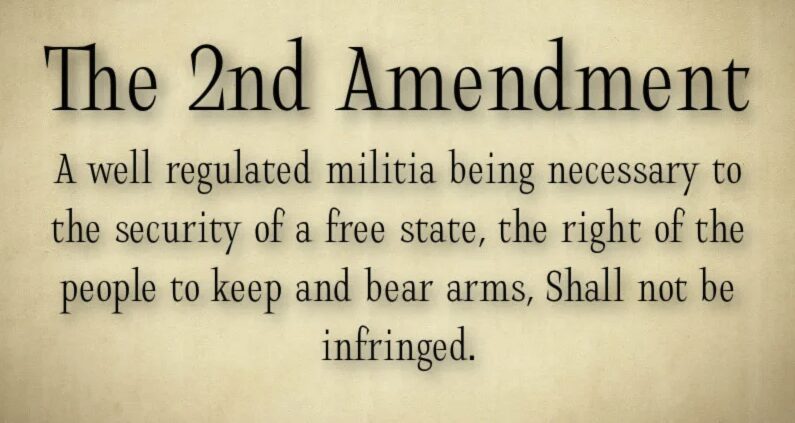
That there is some interaction between this and the Tenth Amendment is immediately apparent from the wording. But does the Second imply that the right to bear arms flows from the rights of states to well-regulated militias, or is the individual right to bear arms independent of this?
The Second Amendment was derived, ultimately, from English law, and specifically from the English Bill Of Rights of 1689, which codified a common law right to self-defense. In District of Columbia v. Heller (2008), the SCOTUS tackled the question of whether English Bill Of Rights created a new right, or merely codified an existing one. The Supreme Court found that the English right at the time of the passing of the English Bill of Rights was “clearly an individual right, having nothing whatsoever to do with service in the militia,” and therefore predated the bill.
The court’s pronouncement notwithstanding, there is a strain of legal opinion that holds the opposite: that the wording of the Second Amendment makes it clear the right to keep and bear arms is contingent on the power of states to maintain a well-regulated militia. This would certainly seem like “common sense” interpretation of the Second since its wording seems to imply that the right to bear arms flows from the necessity of state militias.
The Authority To Maintain Militias
However, this alternative interpretation asserting an armed citizenry is guaranteed only in order to protect the states’ right to self-defense gives rise to a strange paradox. It would seem to give states the authority to organize and maintain militias, but power relating to militias and corporate defense is also delegated to the federal government under Article 1, Section 8.
This section states that the federal government has the power to “provide for organizing, arming, and disciplining, the Militia, and for governing such Part of them as may be employed in the Service of the United States, reserving to the States respectively, the Appointment of the Officers, and the Authority of training the Militia according to the discipline prescribed by Congress.”
A Loophole in the 2nd Amendment?
Thus, the federal government could conceivably regulate certain weaponry in the context of the militia. Certain types of weapons could be prohibited, mandated or limited. But the interplay between states’ rights and the competencies of the federal government are much more complex than this. Federal power interferes in many areas that would seem, otherwise, to be entirely covered by the Second, such as mandating adequate eye protection on shooting ranges, or even potentially banning certain non-lethal accessories such as bump stocks and large magazines.
So, while the Second Amendment was ostensibly included to preserve the states’ power to control their independent militias, Article 1, Section 8 has been interpreted to mean that the federal government is able to ban them from using particular weapons, or even (to take an absurd example) mandating them to wear goggles.
The problem here is not hard to see if this argument is taken to its logical extreme. In a situation in which a particular state wishes to use its (permitted) militia to resist the power of the federal government, the weapons it is permitted to use to do so would be theoretically regulated by the oppressor.
An Individual Right to Beaar Arms
Thankfully, this apparent contradiction is easily solved by rejecting an interpretation of the Second Amendment that links the right to bear arms to state militias.
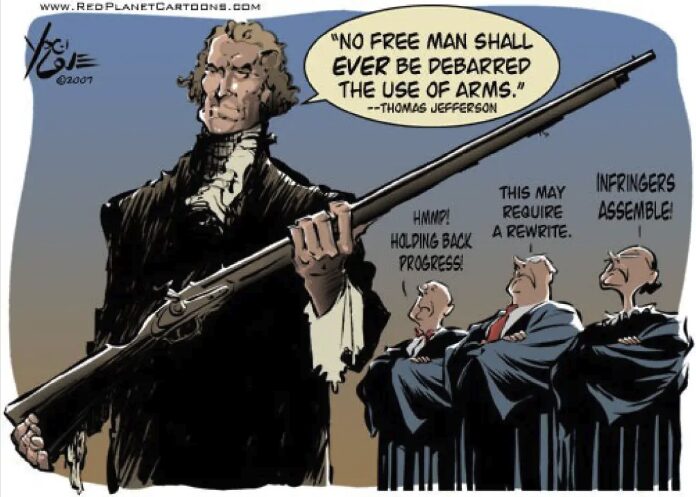
To return to my point above, the ruling in District of Columbia v. Heller was that the second, and the English Bill Of Rights before it, codifies a “natural right,” That, in short, there exists an individual right to bear arms, and that this should be protected from both state- and federal-level interference.
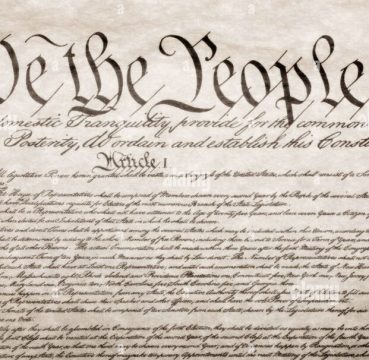


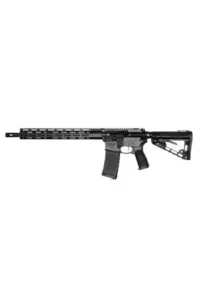

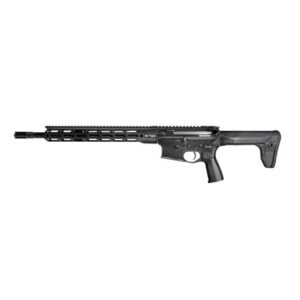
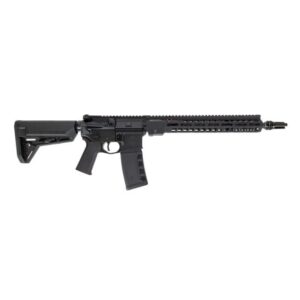





8 Responses
Gun business, making money that is the only connection. Conservation via hunting by far most accomplished by the NRA well they made the whole thing a club we know it but got there thinking there is hope for any other club to take over only all failed but the NRA where’s the joke. In the 10th powers include the power to declare war, to collect taxes, to regulate interstate business activities and various other powers. NRA gun business that is all binding the 2nd and 10th
If the citizens are the militia, why do we waste tax dollars on a National Guard? Who determines the parameters of the of the citizen militia under the “right to keep and bear arms”? Who organizes them? Who determines when the “Citizen Militia” is to be activated in the defense of a town, city, county or State? The defense of one’s home and property is self explanatory. Who determines what weapons the “Citizen Militia” are to keep ready.
What happens when the citizens militia attacks the State National Guard or the National military forces? What happens if a militia in one Town, County, City or State attacks another Town, County, City or State?
What are the limitation of citizens to bear arms?
You seem to conveniently omit that it is the right of the “People” to keep and bear arms which shall not be abridged. The state militia argument has been done to death, and found wanting: the people are the militia, now and at the time of the Constitution’s writing. In truth, all gun laws are unconstitutional on their face; and few would be approved by an educated citizenry were they permitted a voice. Convicted felons, the dishonorably discharged, and adjudicated mental incompetents, should not possess arms, there is little rational for prohibiting them to anyone else. As to what arms; all of them suitable to providing a well regulated militia: in short whatever is currently in use by military forces.
Well said, indeed. It is “The People”, which has been interpreted MANY times to be all legal citizens. Article 2 comes in there.
I liked your concluding paragraph although it was a bit of a challenge to figure out what point you were making or what side of gun ownership you were on, in regards to the Constitution, up until then. Do an article on how the NRA sponsored the idea of doing background checks on gun buyers but the states and feds dont report or enforce laws on the books making it less effective on keeping guns out of the hands of criminals or Diane Feinsteins suppression of direct reports of breaches in national security while attacking our rights to protect ourselves.
Your name is Diane Feinstein
Simply enough, the 10th said “if it’s here, it’s law. If it’s not, it’s up to the states”. The 10th does NOT override the 2nd.
You seem to be forgetting the Ninth Amendment, which pretty much recognizes the existence of “ natural rights.” Not to mention the second paragraph of the Declaration of Independence, which holds several truths to be self-evident, but which is NOT EXCLUSIVE of other natural rights.
You’re wasting our time with this Second-vs.-Tenth Amendment Right argument. Were you running a bit short of cash this week and desperately needed to pubish SOMETHING? Loser.